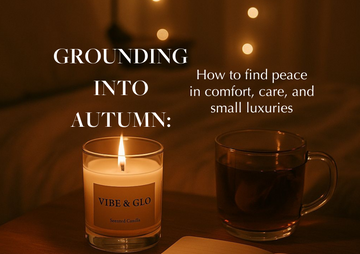Pain and stress are interconnected. Chronic stress can be exhausting to feel emotionally, but it can also affect the body physically. Stress can manifest in muscle tension, and tightness in the chest or shoulders. Fortunately, there are plenty of things to do to lower the stress response and defend your body from developing pain and worsened mental health. In this blog, we will go over how stress and pain are connected and how to relieve body aches from stress.
Understanding Stress and Pain Connection
Chronic stress leads to the release of stress hormones like cortisol and adrenaline, which can lead to muscle tension and inflammation in the body, which is why stress and pain are closely related. Consequently, the body is put under extra stress due to the physical discomfort, and is a vicious cycle that can be challenging to end. Stress can also exacerbate chronic pain if you already experience it. This is due to stress hormones increasing the sensitivity of your pain receptors, making the pain more intensely felt.
How Lowering Stress Reduces Pain
Thankfully, lowering your stress levels can lessen discomfort in your body. Endorphins, released through exercise or massage, are hormones that function as natural painkillers and help enhance mood and inflammation. Endorphins are released by the body when stress is reduced. Additionally, stress reduction helps ease muscle tension and enhance blood flow, which can aid in promoting the body's natural healing processes.
Stress Lowering Techniques to Reduce Pain
There are numerous methods for reducing stress that can aid with pain relief. Effective methods have been demonstrated to lower chronic stress and pain levels, including the following:
-
Gradual muscle relaxation. The body responds to stress with muscle tension, as progressive muscle relaxation releases this tension and mental discomfort.
-
Deep breathing exercises. Specific deep breathing exercises such as box breathing increase a hormone in the blood called nitrous oxide that reduces body tension.
-
Exercise. Relaxation and stress relief can be aided by gentle exercises such as yoga, tai chi, and other similar activities.
-
Cognitive-behavioural therapy (CBT). This therapy can assist you in recognizing and altering unfavourable thought patterns that lead to tension and discomfort.
Additional Ways to Reduce Stress Pain
There are additional methods to lessen stress and discomfort in your daily life in addition to stress reduction approaches. You can better control your stress levels by getting adequate sleep, staying hydrated, maintaining a balanced diet, and limiting your use of coffee and alcohol. Spending time in nature, meditating, practicing self-care, and establishing boundaries at work and at home can also help reduce stress and pain.
The Importance of Seeking Professional Help
If you are struggling with chronic stress and pain, it is important to seek professional help according to your budget. Naturopathic mind body therapy can help determine the underlying cause of your pain and develop a treatment plan that includes hands on therapy with coaching for stress reduction, pain management, and other ways that can help you feel better.
Conclusion
Reducing your stress levels can aid in easing physical discomfort because stress and pain are closely related. You can end the vicious cycle of persistent stress and pain by realizing how they are related and by implementing stress-reduction methods. If chronic pain and stress are affecting your quality of life, it is crucial to put your health—both physical and mental—first and to seek expert assistance.
If you're looking for stress support, Thrive Urban Wellness, located in Newmarket, Ontario, provides naturopathic mind body therapy by Dr. Rachel Stummer to relieve both emotional distress and physical pain.







